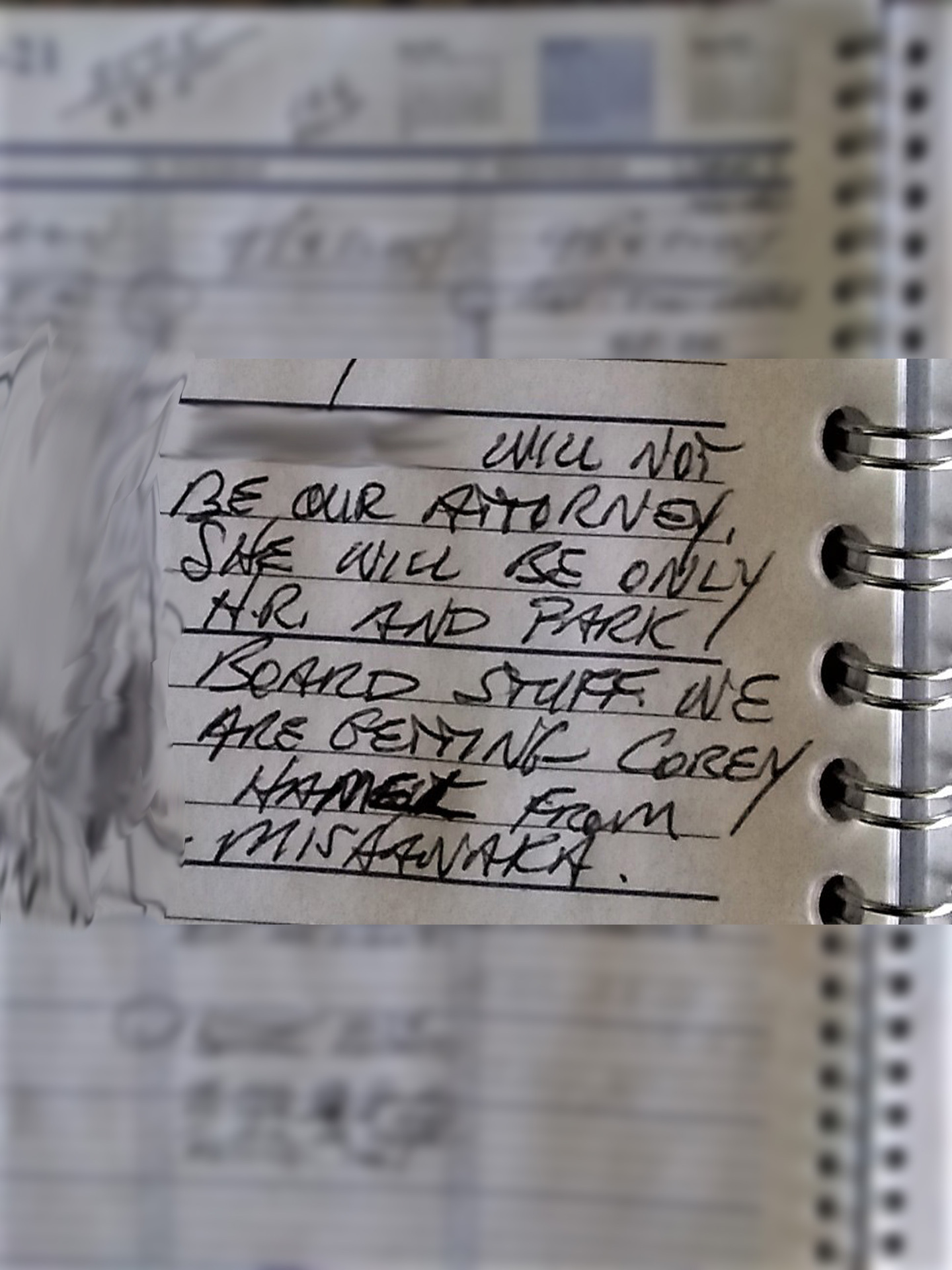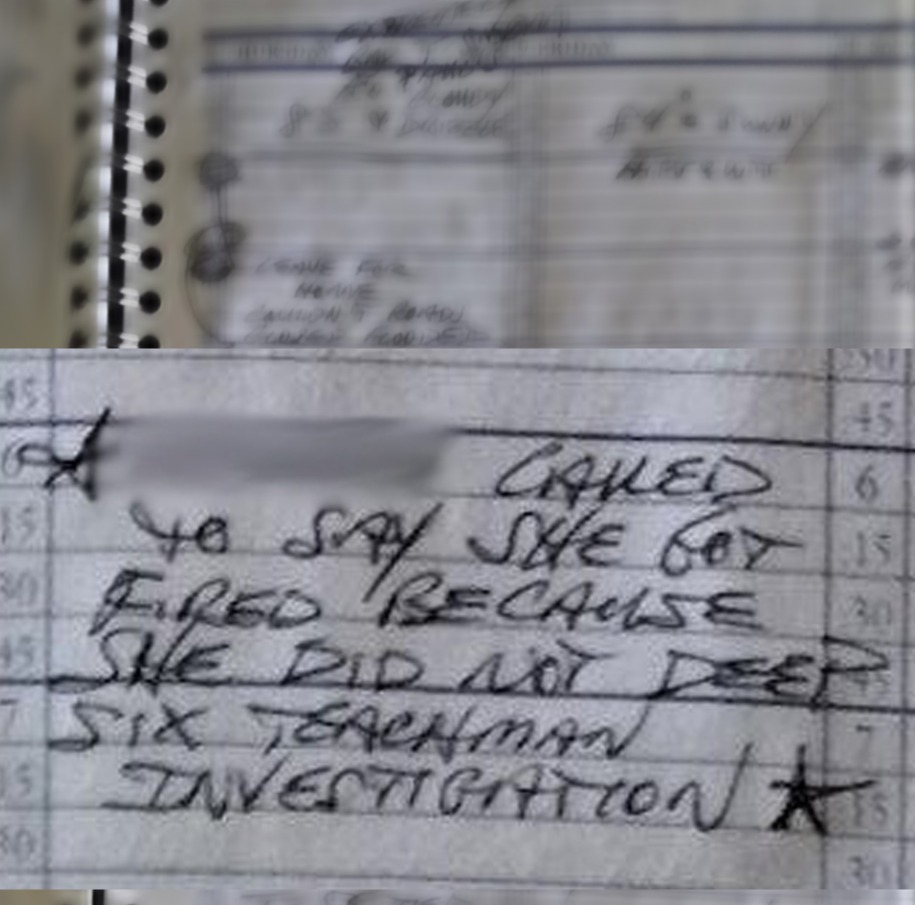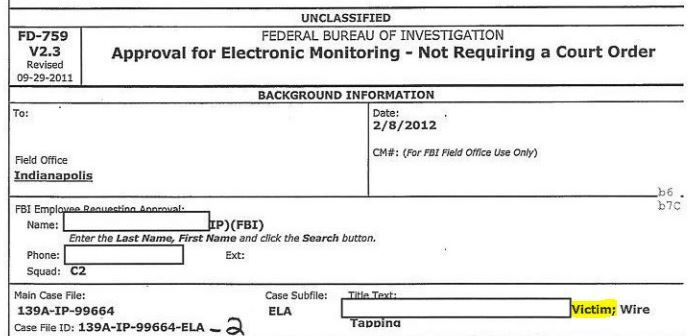UPDATE: Buttigieg campaign Press Secretary Chris Meagher responded Sunday to a list of questions from TYT. "These unsubstantiated allegations and rumors are too far-fetched to merit a response," Meagher wrote. Meagher reiterated Buttigieg's statement that he has not listened to the tapes and that he demoted Chief Boykins after losing confidence in him. Meagher did not explicitly address the claim that Buttigieg fired a city attorney for failing to head off the Board of Public Safety's request that state police investigate a controversial 2013 incident involving South Bend police, but said the mayor stood by the board's decision. Meagher's full statement appears at the bottom of this article.
A legal settlement signed by South Bend, Indiana, Mayor Pete Buttigieg required a fired city employee not to reveal what she heard on secret tapes of police racism because it “might have a negative impact on ongoing or future prosecutions,” according to a copy of the document obtained by The Young Turks.
TYT has also learned that Buttigieg, now a presidential contender, allegedly fired another city employee one year later for failing to “deep six” a separate investigation into another police incident involving race, according to the former head of South Bend’s Board of Public Safety.
Over the course of several days in South Bend, multiple sources shared with TYT allegations of wrongdoing, including racism, by both the South Bend Police Department (SBPD) and the county’s homicide unit. Much of it, but not all, predated Buttigieg's mayoralty. In response to an email Friday with questions regarding allegations cited in this article, a spokesperson for Buttigieg’s presidential campaign wrote, “This is a lot that is going to take awhile to sort out.”
In the case of the tapes, Buttigieg does not appear to have publicly cited protecting prosecutions as a rationale for keeping the tapes secret. Instead, the mayor has said that releasing the tapes would violate federal wiretapping laws, because the police say they were taped unwittingly.
Scott Duerring, the former attorney for the woman who heard the tapes, told TYT that his understanding of the settlement’s language was that it was intended to protect only legitimate law-enforcement activities.
The tapes and other incidents have complicated Buttigieg’s relationships with the black community and his own police department since early in his tenure. Just three months in office, he initially fired but then instead demoted his black chief of police, Darryl Boykins, for his handling of the tapes issue and then fired the woman who first reported the use of racist language.
It’s not clear whether Buttigieg tried to identify or root out racism or corruption in the SBPD after the tapes scandal. Duerring told TYT, “There was never any attempt” by the city to learn about racist police rhetoric from the woman who heard the tapes.
And one officer alleged to have used racist language has continued to enjoy the support of some of Buttigieg’s most important backers. In his 2018 race for county sheriff, that officer’s biggest donors included top Buttigieg supporters and the lawyer Buttigieg brought in to handle the tapes case, according to campaign finance forms.
In his book, Buttigieg refers to reports of racist language on the police tapes, saying, “Infuriatingly, I had no way of finding out if this was actually true.”
However, accounts of South Bend police using racist language were shared with TYT by multiple sources — black and white — ranging from former local officials, police and other law enforcement, to a recovering drug addict who had run-ins with the police.
Some of those sources, including former Board of Public Safety President Pat Cottrell, spoke to TYT in generally favorable terms about police there. One SBPD veteran estimated that 240 out of 250 are good cops. One source said he heard of only one officer bending the rules. Referring to corruption discussed on the tapes, Boykins’ attorney, Tom Dixon, said, “Fixing traffic tickets was the worst of it.”
Buttigieg has said he does not know what is on the tapes, but Duerring told TYT, “They knew exactly what was on those tapes,” because legal documents detailing the tapes’ contents were sent to the city.
The woman who heard the tapes, Karen DePaepe, also shared details with local media at the time. Her tort claim against the city, in June 2012, said, “a ranking police officer of the South Bend Police Department, as well as others within the Police Department, were engaged in serious acts of misconduct.”
The suit described the contents of the tapes further, saying, “The acts of misconduct ranged from the potential commission of criminal offenses to serious breaches of City policies and procedures.”
Some conversations, the suit said, “contain racially derogatory statements relating to other ranking officers. … Many of these discussions related to schemes regarding how to influence the then incoming, now current, Mayor [Buttigieg] to place individuals in positions of power with the Police Department, including the ouster and replacement of former Chief of Police, Darryl Boykins.”
“I can tell you this,” Duerring said, “We had Pete Buttigieg’s deposition scheduled and that was what really precipitated the settlement… There was a very distinct desire by that side that Mr. Buttigieg be kept away as much as possible from what was going on.”
The settlement, signed by DePaepe and Buttigieg, says that in her job, DePaepe had knowledge about “conversations that could relate to law enforcement activities of the South Bend Police Department.”
The agreement continues: “Plaintiff [DePaepe] further acknowledges that disclosure of any such conversations might have a negative impact on ongoing or future prosecutions. Thus, to ensure that no law enforcement efforts are compromised, the Plaintiff agrees that… she will not disclose any such information…”
Ernie Lewis, executive director of the National Association of Public Defenders, told TYT that police racism could be used by defense attorneys to challenge police credibility or even set aside past convictions.
According to a report in The Hill, scores of prosecutions or convictions of black defendants could be challenged if the tapes are released and reveal that arresting officers used racist language.
“The city's obligation is to make those tapes available to the prosecutor,” Lewis said. “I would not place the burden on the mayor. I would place the burden on the prosecutor whose obligation it is to reveal exculpatory information. I would expect the mayor at this point to order the tapes preserved and to provide them to the prosecutor upon request.” (The county prosecutor oversees the homicide unit, which includes police from South Bend and other municipalities.)
Another Firing
Cottrell told TYT that in 2013 Buttigieg fired another employee, a city attorney, allegedly for failing to prevent an outside agency from being brought in to investigate a second incident with racial overtones.
In that incident, then-Chief Ron Teachman was accused of failing to back up a black officer during an altercation outside the city’s Martin Luther King, Jr., Community Center. The board voted on June 24, 2013, to request an investigation by the Indiana State Police (ISP).
Cottrell, who presided over the board at the time and said he supported Buttigieg in his first mayoral race, provided TYT with what he said were scans of a journal he kept in 2013, with entries related to the case.





